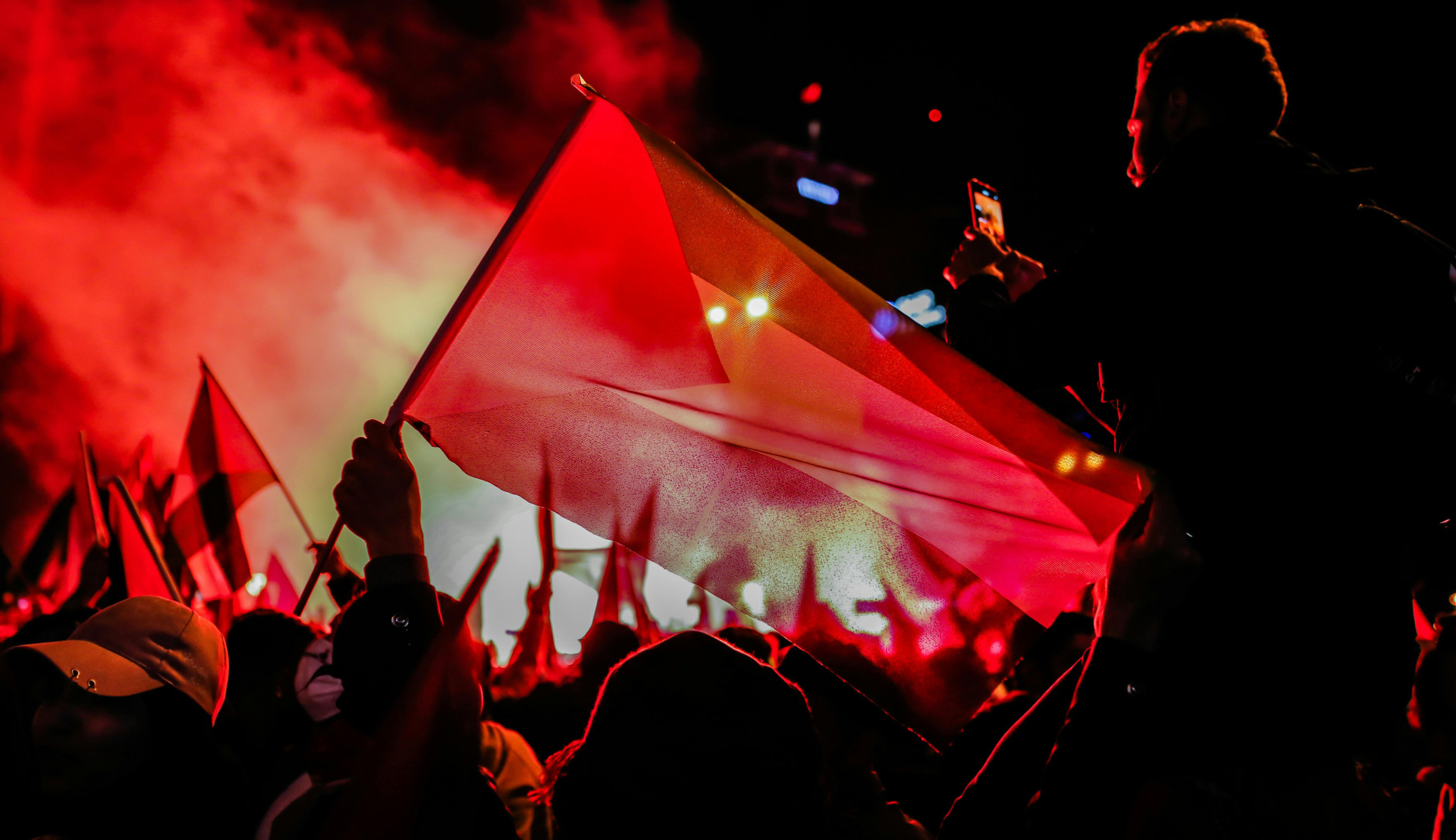The ceasefire is an important first step in achieving lasting peace in the Middle East
An end to this devastating war may be imminent, but now the political work for a sustainable and peaceful co-existence must begin. The EU has tough questions to ask itself about the role it wants to play in the international realm.

The announcement of a ceasefire deal between Israel and Hamas is an important step in the de-escalation of a war that has left tens of thousands dead and caused destruction and suffering on a vast scale. The images of Palestinians and Israelis celebrating in the streets demonstrate how deeply felt this moment is. However, this ceasefire is only the first step.
This deal has been on the table since May 2024, and the human suffering that has occurred before and since cannot be justified, including the at least 80 killed by Israeli strikes in Gaza after the deal was announced on Wednesday.
Many questions remain regarding the conditions in Gaza and the future of the region as a whole. Volt believes that only a political solution that respects the right to self-determination and security of both peoples, one that offers credible perspectives of a peaceful coexistence, can end the cycle of violence and trauma. The dialogue that currently seems impossible must be restarted because only reaching a political solution can defeat extremist forces. The security and safety of Israelis and Palestinians, their desire for peace and freedom, should not be treated as a zero-sum game.
In addition, this war has led to an erosion of international norms. Support and respect for the international institutions and courts tasked with investigating war crimes and breaches of international law is therefore vital. The EU, as a key proponent of the rule of law and as the seat of the International Criminal Court and International Court of Justice, has a special responsibility to facilitate and safeguard the impartiality of these proceedings.
Reflecting now on these months of war, it is clear that the EU has failed to enact a coherent and effective foreign policy. This deal was negotiated with the support of Egypt, the United States and Qatar. Meanwhile, the EU gave space to its Member States to act disjointedly, in open contradiction to each other, rendering its diplomatic potential moot. Europe thus contributed to an international climate of indecisiveness in which the conflict was able to drag on. The EU must now engage in self-criticism and work towards a coherent, unified and humane foreign policy.
The High Representative of the European Union for Foreign Affairs and Security Policy, Kaja Kallas, met yesterday with the prime minister of the State of Palestine, Muhammad Mustafa. We welcome the €120 million aid package assigned to rebuilding Gaza and wish to see concrete action in support of the build up of a Palestinian state that is internationally recognised. We also expect Kallas to exercise her leadership and gather the same kind of commitment from the ministers of foreign affairs of all Member States.
The ceasefire may end the deadliest Gaza war to date, but without changing the overall conditions, including a negotiated end to the illegal occupation of the West Bank and a stop to all related policies of systematic discrimination, history may unfortunately repeat itself. The EU, as a major diplomatic actor, must work hard to contribute to a comprehensive, sustainable peace that will finally put an end to the conflict and grant a peaceful coexistence to Israelis and Palestinians.